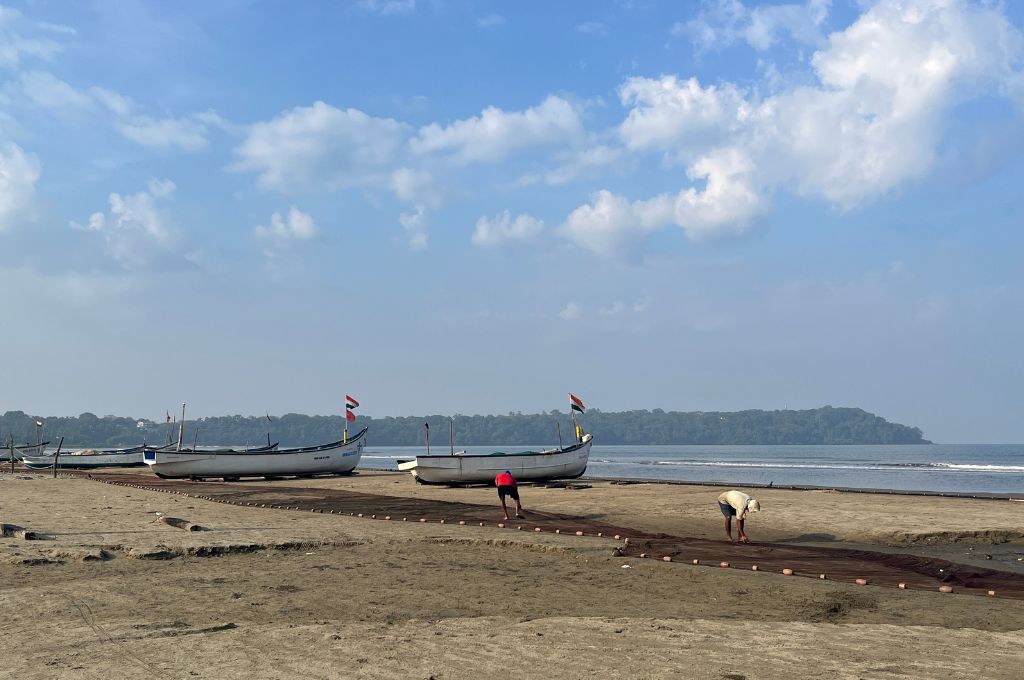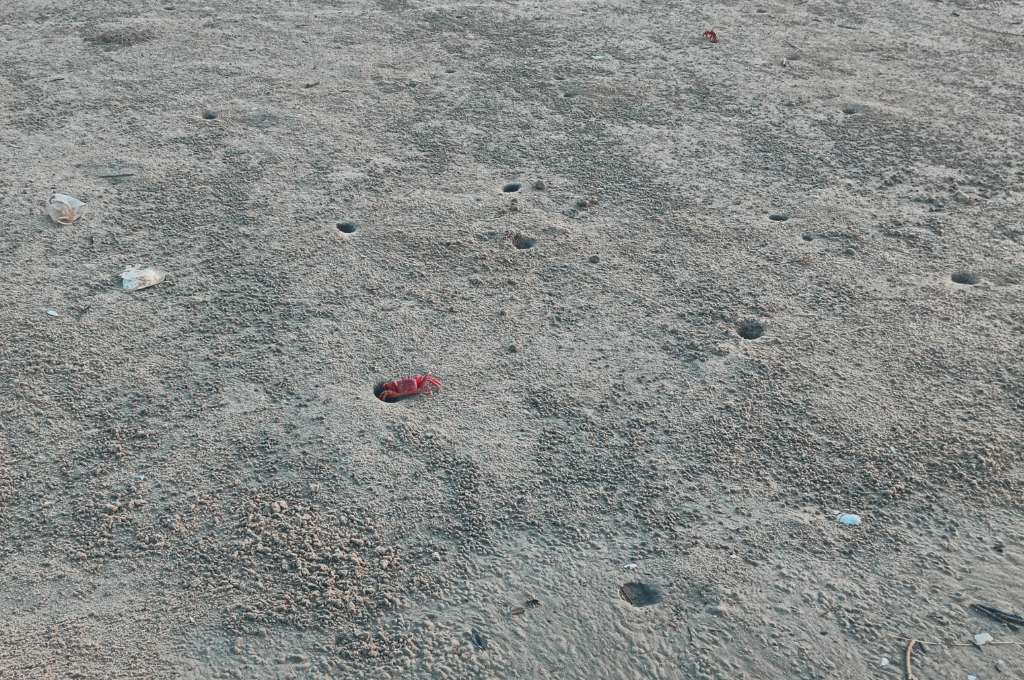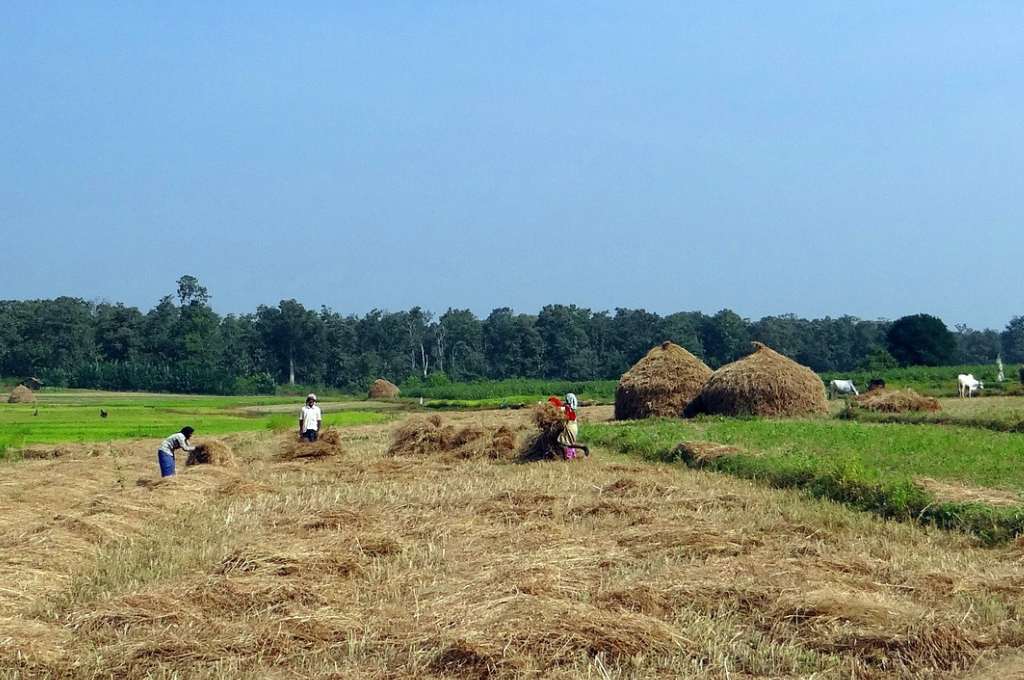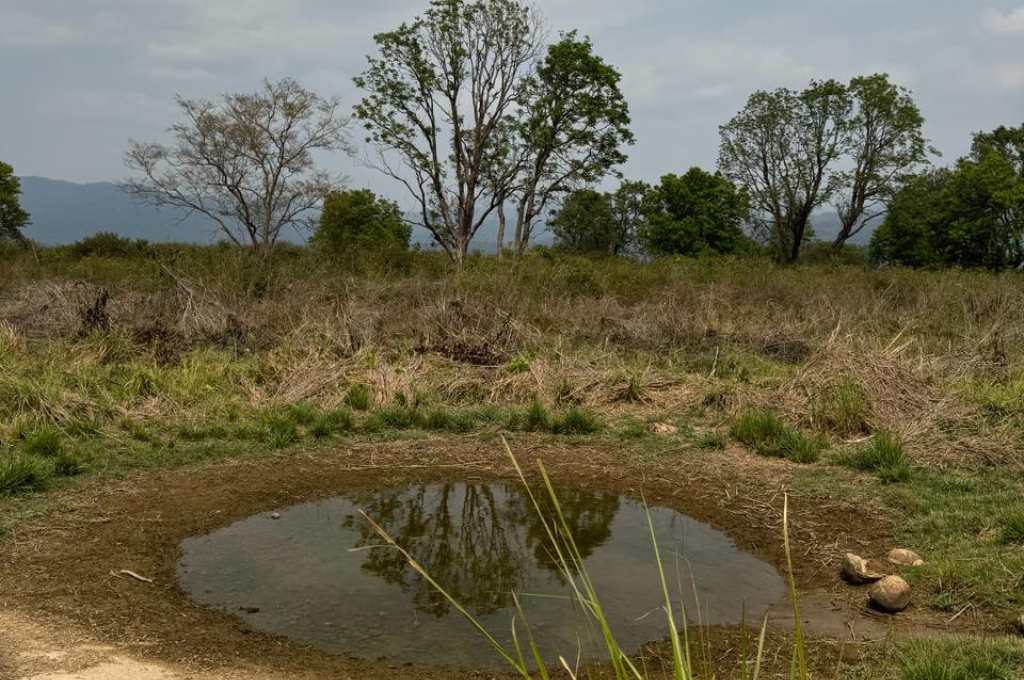READ THIS ARTICLE IN
Mushroom laddu? Assam’s women farmers have a recipe for success
In October 2019, Daijee Thakuria, secretary of Dimsa Cooperative Society in Assam’s Sonapur village, received a phone call that would be the beginning of a series of endeavours for her and the women farmers she works with. The call was from a nonprofit she had been working with to learn about the various techniques of mushroom farming. The nonprofit had been invited by the director of the Assam State Livelihoods Mission to manage the Assam food stall at the 2019 Saras Aajeevika Mela in Delhi, and they needed palatable mushroom recipes for the visitors.
Pranjal Baruah, co-founder of the nonprofit Mushroom Development Foundation, says, “The women farmers from the cooperative told us we know how to make laru and pitha [popular delicacies in Assam].”
Laru and pitha using mushroom was still unheard of, but the women went ahead and made a variety of them with coconut and khoya. They further dipped the larus in beetroot juice, carrot juice, and spinach juice to lend colour and flavour. Daijee says, “We would shred the mushrooms, dry them, and grind them before making the larus and pithas. We also made kheer with sticky rice and mushroom as well as momos.”
These innovative renditions of Assam’s delicacies were a hit, and they brought in a revenue of approximately INR 3,54,000 over the course of the trade fair. Pranjal says, “A reporter from The Times of India took a photograph of the larus, which was later published on the frontpage of the paper. Soon after, people seeking ‘Assam ka laddu’ began to visit the stall and would purchase significant quantities of it.” They sold approximately 8,000 larus at the fair that year.
Women farmers from Dimsa Cooperative Society now travel from Delhi to Kerala with their larus and pithas, which continue to be popular among people. Over time the mushroom platter has expanded to include pizza and papad among other things. Daijee says, “Although initially the income from mushroom farming wasn’t a lot, we continued because people at the fairs were excited and we were aware of the health benefits of mushrooms. Now the income has increased and we also work on training other women farmers.”
As told to IDR.
This article was updated on July 19, 2022, to reflect that Daijee Thakuria is the secretary of Dimsa Cooperative and not its president.
Pranjal Baruah is the co-founder of Mushroom Development Foundation; Daijee Thakuria is the president of Dimsa Cooperative Society.
—
Know more: Learn about the unique poultry sharing system of rural Odisha.
Do more: Connect with Pranjal Baruah at [email protected] to understand more about and support his work.



